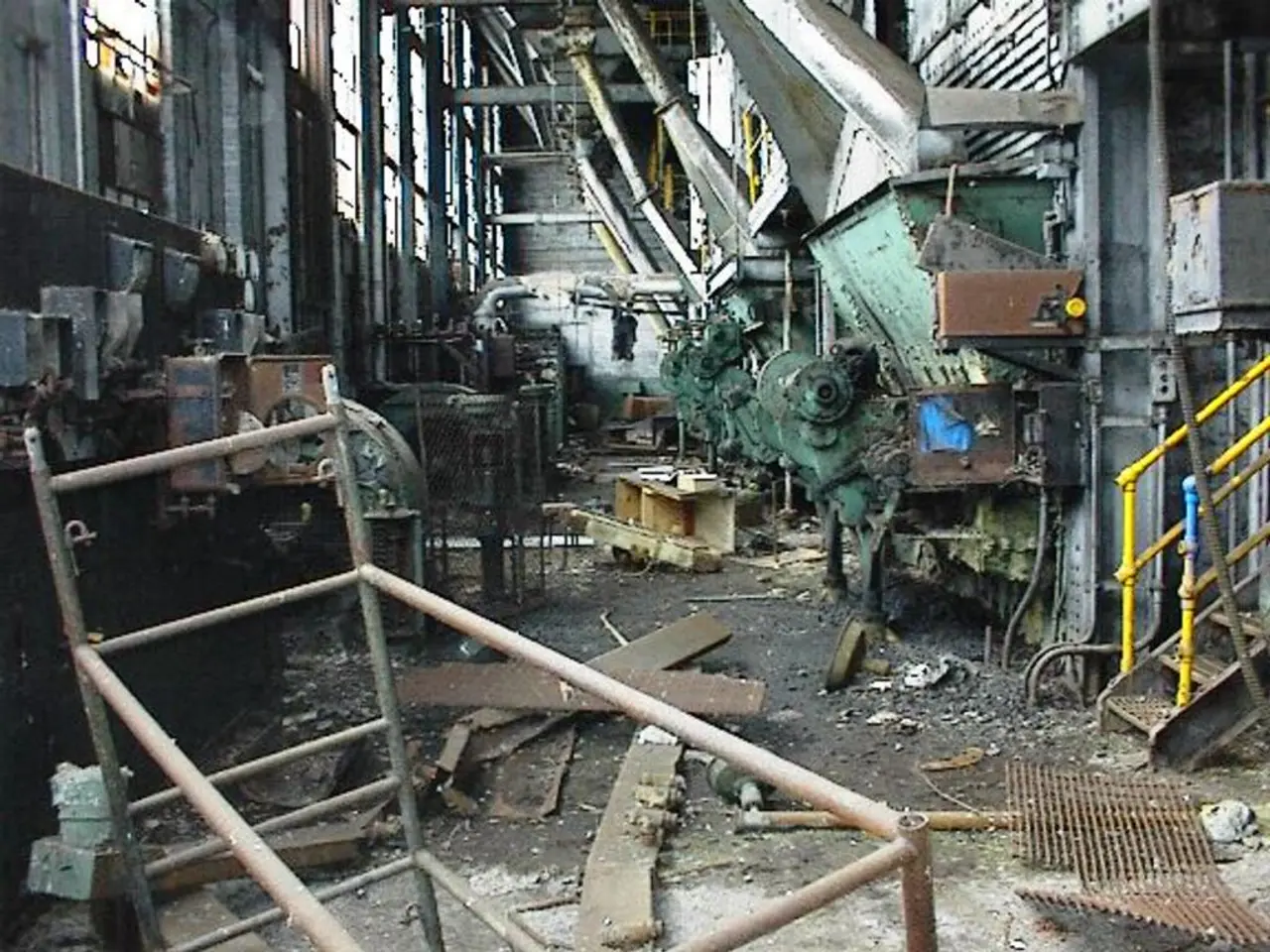Fear over Potential Job Losses at Hundreds of Auto Supplier Companies Within the Union
The Japanese automotive supplier Musashi is set to close two of its plants in Germany and reduce headcount at a third, as reported on June 30, 2025. This decision is part of Musashi’s restructuring amid challenging economic conditions, including a recent unexpected decline in German retail sales by 1.6% in May 2025, which reflects broader economic softness in the country.
### Impact of Musashi Job Losses in Germany
The closures of the plants in Hann. Münden, Lüchow (both in Lower Saxony), and Leinefelde (in Thuringia) will result in significant job losses. Approximately 170 to 200 jobs are at stake in Hann. Münden, 130 to 170 jobs in Lüchow, and about 250 jobs in Leinefelde. These losses represent a third of Musashi’s employees in Germany.
The economically weak region of North Thuringia, where Leinefelde is located, will bear the brunt of these job losses. The closures likely contribute to local economic impacts, including reduced consumer spending and increased unemployment in affected communities, compounding the general economic slowdown seen in Germany.
### Timeline
The announcement was made at the end of June 2025. While exact closure dates were not specified in detail, such plant shutdowns typically proceed over several months to allow for operational wind-down and employee transitions. The closures are planned for 2026, but a precise timeline has not been provided.
### Potential Solutions for Affected Employees
To mitigate the impact on workers, potential solutions and support mechanisms may include:
1. Severance packages and financial support negotiated by Musashi for affected employees. 2. Retraining and upskilling programs to help workers transition to new roles within the automotive supply chain or other industries. 3. Job placement assistance and local government employment services to connect displaced workers with new job opportunities. 4. Social safety nets such as unemployment benefits in Germany, which provide temporary income support. 5. Engagement with labor unions and industry bodies could facilitate negotiated arrangements for workers’ redeployment or early retirement options.
Given the current economic climate in Germany, with lower retail sales indicating reduced demand, these closures reflect broader structural challenges in the automotive and manufacturing sectors. Collaborative efforts between Musashi, employees, and government agencies will be crucial for minimizing negative effects and supporting workforce reintegration.
The jobs in question are well-paid, collectively agreed jobs in the metal and electrical industry. Young employees with families and mortgages for their homes are among those at risk of losing their jobs. Some of the affected young employees in North Thuringia are expressing anger and insecurity about their future.
It's important to note that the Musashi Europe GmbH, based in Rhineland-Palatinate, manufactures components for the drive and chassis of cars. However, it is not one of the three plants in Germany that are not affected by these job losses.
A spokesperson for Musashi stated that there were no orders, indicating a lack of demand for the products produced at the affected plants. The Musashi Europe GmbH, part of the global Musashi Seimitsu Industry group, employs around 2,500 people at nine sites in Europe.
If you need further detailed data on Musashi’s plans or specific local initiatives, those remain to be published by the company or German authorities.
- The finance industry may need to offer additional credit or assistance for those affected by the job losses at Musashi's plants in Germany, considering the potential debt accrued by employees due to their mortgage obligations.
- The challenging economic conditions in Germany's industry sector, as demonstrated by Musashi's restructuring, could have implications for other businesses in transportation, including logistics and distribution companies.
- As Musashi restructures, there could be a ripple effect on other automotive suppliers in the European market, potentially leading to further job losses and economic instability within the industry.






